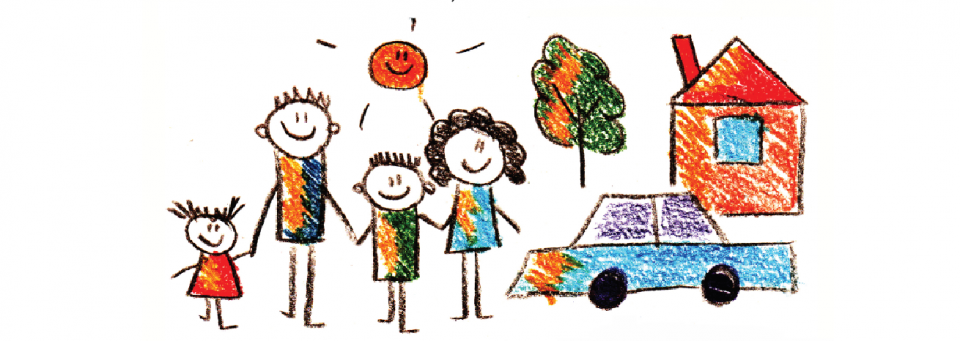
by Alicia Wanek
Have you ever found yourself repeating phrases to your kids that your parents used, like “Don’t make me pull this car over!” or “One day you’ll thank me,” or even “Because I said so!” We often navigate parenting in a manner similar to how we were raised, influenced by our own parents.
But what if you experienced an abusive childhood? What if your children are growing up in an environment where they witness such abuse? How might this shape their understanding of what a father or husband should be?
Jim Mueller, a family law attorney and managing partner at Verner Brumley Mueller Parker, states, “I frequently hear clients say, ‘I’m staying in this marriage for the sake of the kids.’ I remind them that their children are creating mental images of what a dad and husband should be like. Boys look to their fathers as role models, while daughters form expectations for their future spouses. This often provides a new perspective for the clients.” He emphasizes that even if the spouse is not physically abusive to the children, they are still affected by the domestic violence occurring in the home. Domestic violence can manifest in various ways, and emotional abuse can be just as damaging.
What steps should a woman take if she feels it’s time to leave?
1) Consult an attorney. An experienced family law attorney can discuss available options with her and provide support.
2) Allow the attorney to guide the next steps. If abuse is present, the attorney can file for a protective order or a temporary restraining order to ensure the abuser maintains a safe distance. “These cases are prioritized,” says Jim, “so the hearing generally occurs within two weeks.”
3) Engage a counselor and/or psychologist. After the hearing and once the restraining order is in place, the attorney collaborates with a counselor and/or psychologist for all involved. “The court prefers to avoid having children testify, so a psychologist can advocate for the child’s interests in court,” Mueller notes.
4) Move forward with the divorce.
If divorce is pursued, there may be other parties involved. If a parent suspects their children are exposed to abuse, they can file for a protective order on their children’s behalf, even if abuse occurs in a different household. Again, a knowledgeable family law attorney can assist with this process. Mueller adds, “Lawyers, similar to doctors, are mandated to report suspected abuse,” so if clients disclose such cases to them, they are required to inform Child Protective Services.
The most challenging part for many women is the decision to leave. Mueller emphasizes, “You must prioritize your well-being before you can effectively care for your children.” Children will respect the strong role model they see in you.
Source: Jim Mueller
As the managing partner of Verner Brumley Mueller Parker P.C., Jim focuses on child custody and divorce issues. He is board certified in Family Law, a member of the Texas Academy of Family Law Specialists, and one of the youngest individuals to hold membership in the prestigious American Academy of Matrimonial Lawyers. Rated AV-Preeminent by Martindale-Hubbell, the highest achievable rating for legal ability and ethical standards, Jim is dedicated to handling complex cases with integrity and honesty. Consequently, he has consistently been recognized in The Best Lawyers in America by Woodward White and Texas Super Lawyers. Jim earned his bachelor’s degree, magna cum laude and Phi Beta Kappa, from Rhodes College and graduated cum laude from the Dedman School of Law at Southern Methodist University. For inquiries or consultations, contact Jim at 214.526.5234 or vernerbrumley.com.






